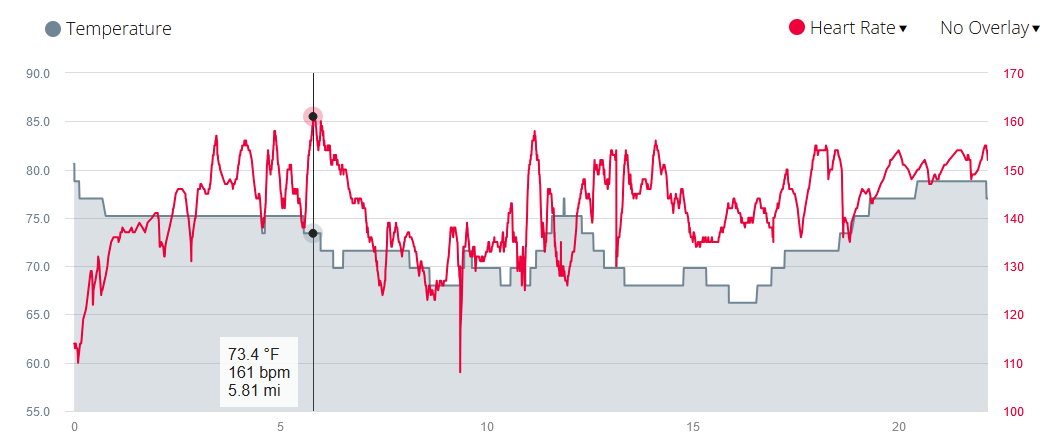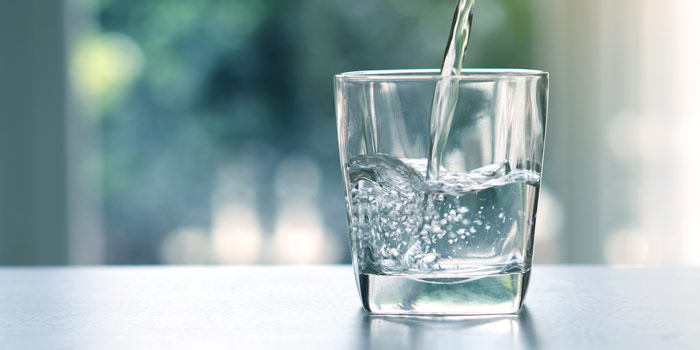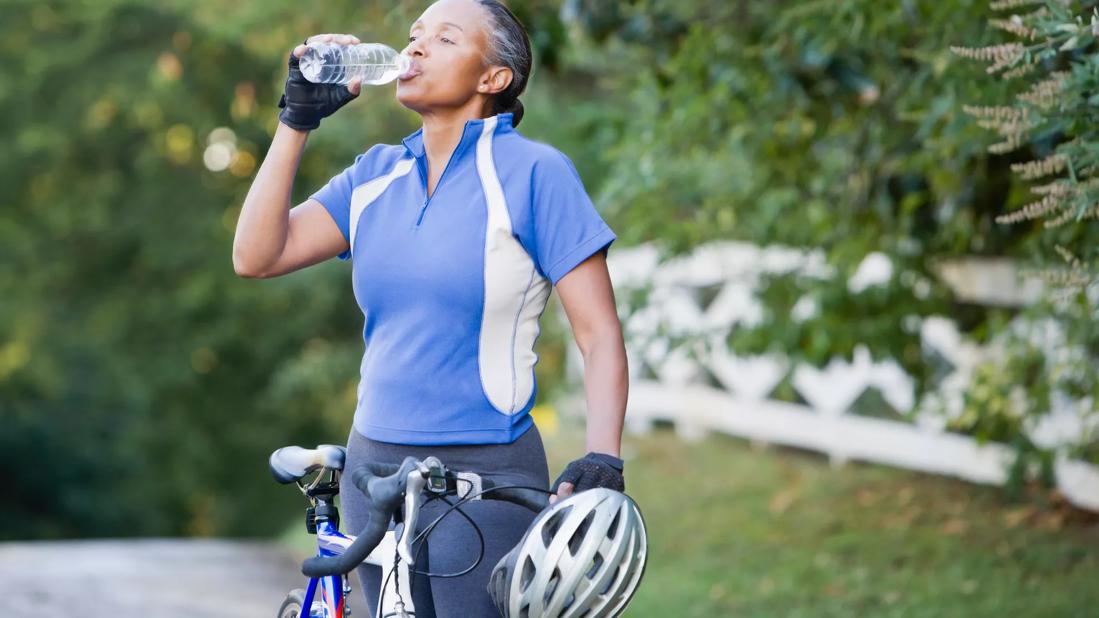RebornRider
Well-known member
It was very hot today, up to 106F (41C) according to my Garmin. It was educational to see that my heart rate was a solid 20 beats/min higher today than back when it was in the low 70s (21-22C). The first 10 miles of the charts below are the exact same route.
I needed trail mode (middle of 3 assistance modes) in several places today where I usually use eco mode. Whenever I see a post about "My XYZ motor is losing power", I always wonder if the rider is losing power, maybe because of heat.


I needed trail mode (middle of 3 assistance modes) in several places today where I usually use eco mode. Whenever I see a post about "My XYZ motor is losing power", I always wonder if the rider is losing power, maybe because of heat.

Last edited:

